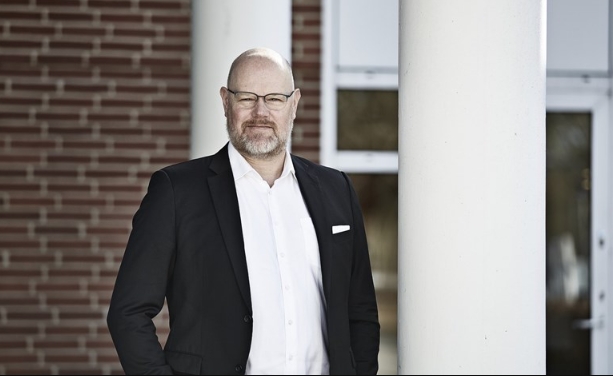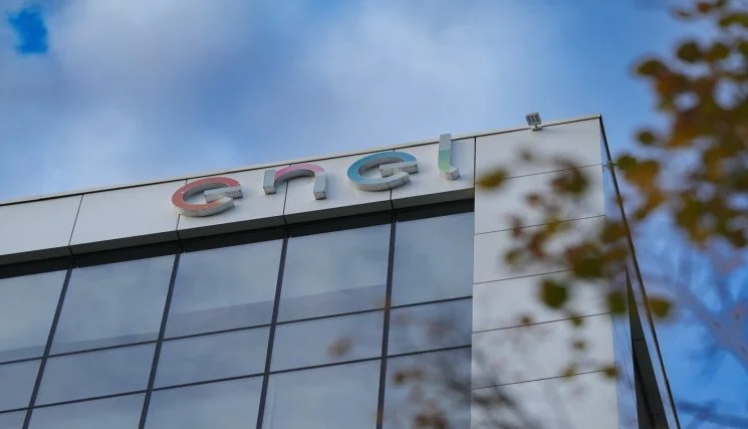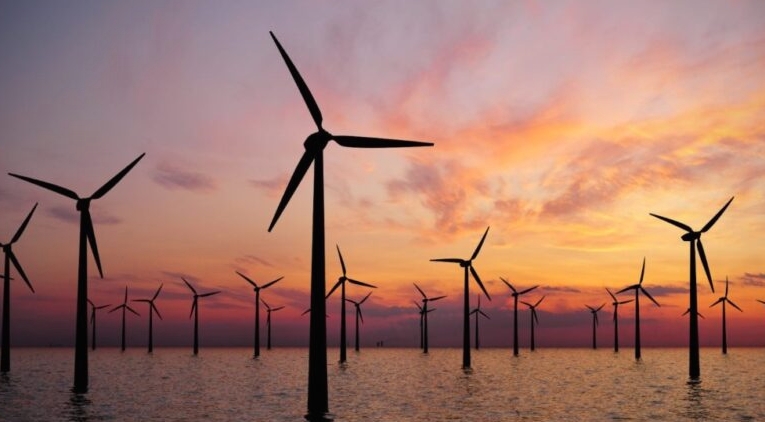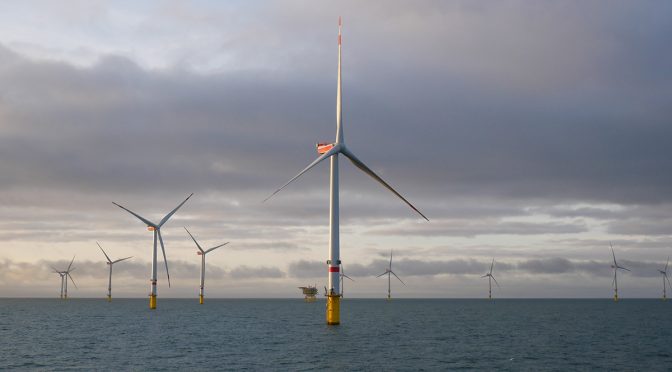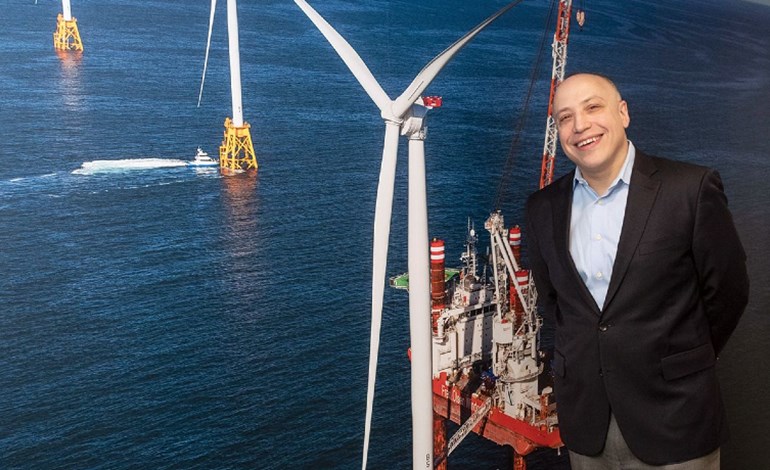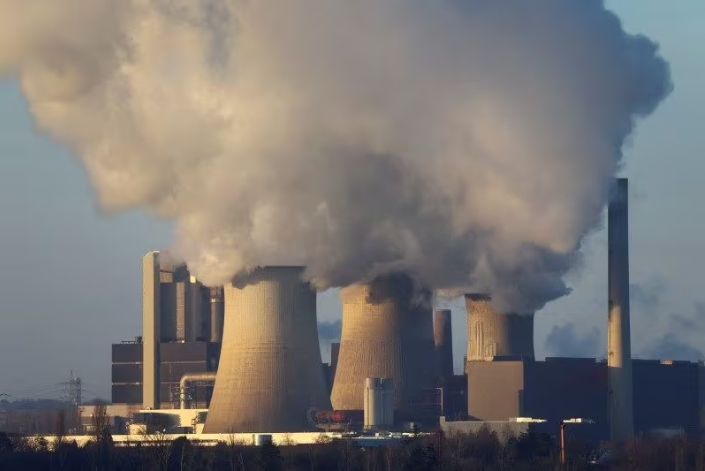
"The hard coal plants' back-up services for Germany's energy security are without alternative," VDKi Chairman Alexander Bethe said in a statement issued at a reception in Hamburg.
The lobby argues that the conflicts in Ukraine and the Middle East have left German and European consumers vulnerable to energy supply shocks and have made liquefied natural gas (LNG), an alternative to coal burning for power, a volatile and at times pricey commodity.
A German building programme for gas-fired plants to replace nuclear and coal-based ones is delayed and unlikely to provide enough new and stable capacity in coming winters, VDKi said.
A spokesperson for the Berlin Economy Ministry said on Wednesday that the gas plant tender was "imminent."
The government in 2022 temporarily allowed the 6 GW of idled hard coal plants, including some operated by Steag and Uniper (UN0k.DE), opens new tab, back into the market should gas supply fall short of requirements.
They complement some 18 GW of regularly working hard coal plants.
The conventional plants provide thermal energy when intermittent wind and solar plants, favoured because they do not produce carbon emissions, do not deliver.
Germany was a net importer of 11.7 terawatt hours (TWh) of power in 2023.
Bethe also said smooth coal flows were not a given.
While global hard coal markets provide raw material from diverse origins, onward shipments from North Sea ports via rail or waterways must be scheduled well in advance at a time when specialised equipment and staff are in short supply.
"Without reasonable notice and planning horizon, the necessary volumes cannot be transported," he said.
VDKi said separately that Germany's 2023 hard coal imports, that also go into steelmaking and heating, have fallen 26.3% year-on-year to around 33.0 million tonnes.
